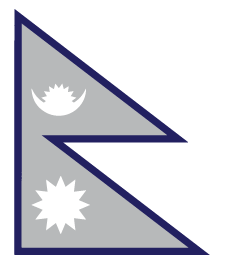Knowledge
Feminism is central to the social, cultural and political movement for equality around the globe but how important is the role of feminist knowledge generation and retention to sustain the feminist movement? Is feminist resource center an answer? We explore.
Feminist movement and Nepal
In Nepal, from Yogmaya Neupane who ignited the rage against discrimination at the civic level in 1917, to the downfall of over a century long oligarchy Rana regime – made possible through women’s participation, feminist movement has played a significant role in shaping Nepal’s history.
The Department of Women Development was established in 2000 under the Ministry of Women, Children and Social Welfare which was an achievement of the women's unified efforts through years of advocacy and movement. The leaders of Nepal's feminist movement, having recognized the need for an alliance to achieve rights and equality, established the Inter-Party Alliance of Women (IPWA) which was formed in 2006 as a common political mechanism for gender justice. IPWA is considered as the milestone in Nepal's feminist movement.
After the restoration of democracy, the reinstated parliament on May 20, 2006, unanimously adopted a resolution that incorporated four major points as women's equal right to descent, property, participation and law against violence against women (VAW). The resolution was followed by amendment of other various discriminatory laws - one being the issuance of passports for women under 35 with their father or husband's consent.
Feminist movement in Nepal has entered into the agendas carried by the third wave of global feminist movement. Convention on the elimination of all forms of discrimination against women (CEDAW) has been the focus with issues of recognition to women which transcribes challenges and policy implementation towards right to participation, descent, property, reproductive health, citizenship and more.
Gender equality is key to overall wellbeing of women, and researches[1] have shown that support for gender equality is high among women with higher education. However, Nepal’s documentation of feminist movement and its achievements are slight, scattered and unattainable.
Nepal has high prevalence of gender-based violence (GBV) despite its significant progress in gender equality and women empowerment over the years. There is still a long way for Nepali women to establish an equal footing with their male counterparts, but possible only with increased knowledge and experience which requires constant engagement and discussion to further feminist campaigns in the country.
Feminist knowledge generation and discord
Feminist knowledge generation is one of the significant aspects to advance shared achievements of the feminist movement of a country. Adoption and ratification of the international conventions and programs have provided Nepal an opportunity to both contribute and take advantage of the common plan of actions. CEDAW, the Beijing Declaration and Platform for Action (BPfA) and the Sustainable development Goals (SDGs) have been the pillars for some of the prevalent reforms on inclusion, gender equality and women empowerment as enshrined by the Constitution of Nepal 2015.
However, the discourse on how these binding conventions and urgent call for actions were contextualized and interpreted in Nepali context, have not been found recorded as part of knowledge resource.
Similarly, in 2020, the parliament endorsed the government’s Citizenship Amendment Bill to the Citizenship Act of 2006. It states that children born to a Nepali father and a foreign-born mother are eligible for citizenship by descent, while those born to a Nepal-born mother and a foreign-born father will be granted naturalized citizenship, with less privilege.
The frustration with the endorsement was expressed immediately. The feminist fraternity along with media and academics raised voice against the unequal treatment of women in the bill. Many articles were published, and virtual discussions took place but, assembling of materials for a comparative study would prove extremely difficult due to information being scattered.
Despite profound history of feminist movement, countless reforms and prevailing issues of feminism, Nepal lacks sustained effort to document the achievement, processes and struggles of Nepali women and their contribution to the feminist movement.
Need for an integrated feminist resource center
There have been efforts to resource knowledge around gender equality and feminism in the past through media outreach, academic researches and numerous consultations; however, not having an integrated platform of resources has proven difficult for individuals, organizations or networks interested in feminism to access them.
“A feminist resource center will help advance the evidence based advocacy that Nepal needs. It is important to document feminist knowledge as the concept of gender equality is not static. The gender discourse keeps evolving depending on the lived experiences and new researches based on evidence.” said Dr. Chandra Bhadra, Professor Emeritus of Gender Studies, Tribhuvan University, who played a crucial role in establishing Gender Studies in Nepal’s curriculum.
Department of Gender Studies at Tribhuvan University was established in 2009 that contributed to launching Master’s degree in gender studies. This created avenues for researchers and authors for more research and knowledge generation in the context of feminism and women development in Nepal. This has been an historic win for gender and feminist academics and researchers, however, it only catered to the students and academics, not the public in general.
After the establishment of National Women Commission in 2010, organizations working on women and gender issues took the charge of civic awareness and launched various campaigns to define and re-define the demands of feminist movement in Nepal. Similarly, empowerment and inclusion being the core agenda, both national and international development organizations have been building up platforms that explain their works, impacts and achievements. But again, issues of segregation and individualistic working patterns affect the overall feminist movement in Nepal. It is crucial that there is a well co-ordinated, healthy partnership-led resource platform for all to discuss, dissect, inform, share and grow together.
Moreover, it is equally essential to capture the voices of those who are mostly underrepresented even within the feminist discourse. “While talking about feminist focused resource space, we need to be mindful that there isn’t segregation of women’s issues and LGBTIQ issues. It is important to understand that they are inter-linked. Issues around intersectionality such as class, race, identity and sex should also be considered when it comes to generating, discussing, and sharing feminist issues,” said Rukhshana Kapali, a transgender female human rights activist.
Gender justice and women rights in Nepal would be achieved only by changing culture, attitude and behavior at a personal, professional and policy level. It is also critical to consciously define, structure, retain and disseminate knowledge to sustain the feminist movement, on the basis of captured knowledge, policy reviews and revisions of laws and regulations, and bringing forward the local lived experiences of rural feminist champions.
The feminist resource portal will provide the right hub that will continue even after the actors fade away. It will provide individuals, institutions, policy makers, researchers, educators and gender advocates to further the feminist movement through an integrated platform where anyone can access knowledge on gender and women, feminism and feminist movement, on GBV and VAW, practices in other countries, on policies and laws, and most importantly on the shared agenda that women's right is human right.
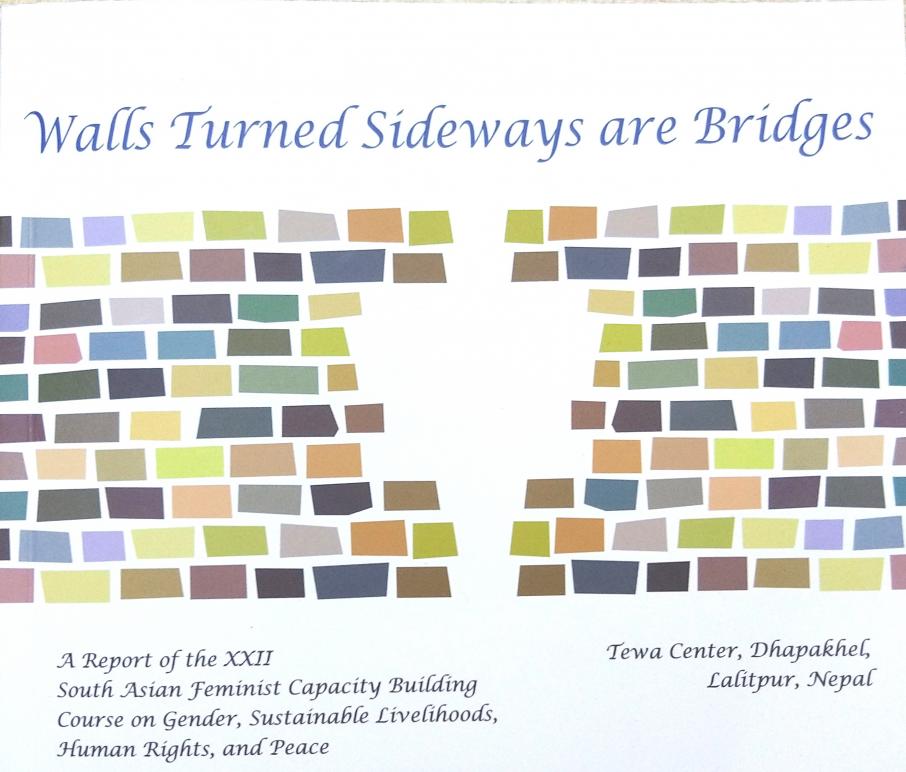
The first South Asian Feminist Capacity Building Course was held in 1983 and was organized by Kamla Bhasin who then worked with the Food and Agriculture Organization (FAO) of the United Nations. Sangat was later formed as a regional network at an FAOorganized South Asian workshop of gender trainers held in Bangladesh in 1998. Sangat has been organizing South Asian Feminist Capacity Building Courses since 2003. This report presents the learning and procedure of the the 22nd South Asian Feminist Capacity building course on gender, sustainable livelihoods, human rights and peace. Through these feminist training the networks strive to build the feminist consciousness and capacities of course participants so that they can meaningfully challenge patriarchies, casteism, capitalism, heteronormativity, and other systems of oppression. It is our firm belief that our participants graduate from our courses equipped to turn the tides of injustice to justice, inequality to equality, and war to peace in the region and beyond.
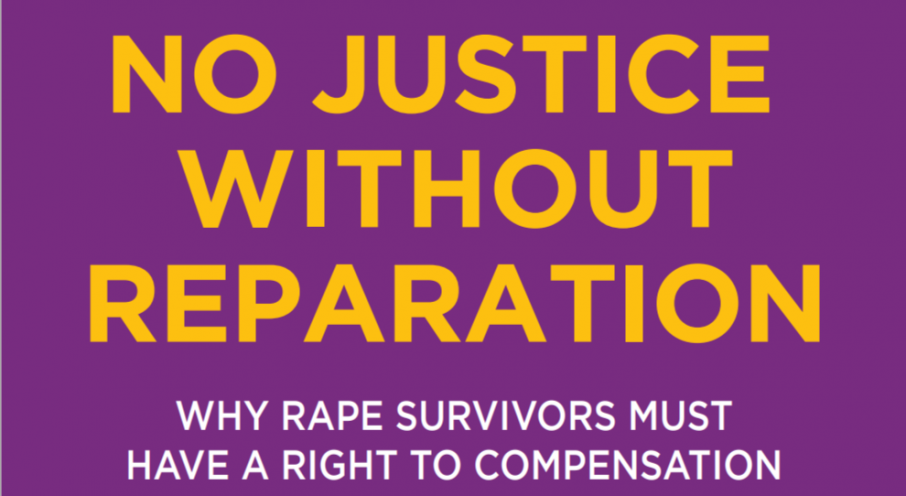
Ensuring justice for rape victims and survivors in Bangladesh has mostly been understood and pursued in punitive terms. While ensuring punishment of the perpetrator is important, redress for the rape survivor is seldom discussed. The objective of this report is to restore the balance in the discourse on justice for rape, so the urgent necessity of granting monetary remedies to the rape survivor becomes clear. To this end, the report highlights the inadequacy of the existing provisions on compensation for rape, and offers a reform proposal, drawing on examples from other laws relating to sexual and gender-based violence (SGBV) in Bangladesh and notably, the more comprehensive compensation framework for rape in our neighbouring jurisdiction, India.
Full Report
RLR_RR2 SCS6 ver 2 final 5 feb 2020 without hp (blast.org.bd)
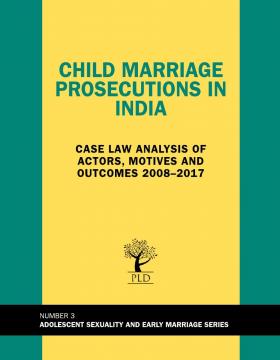
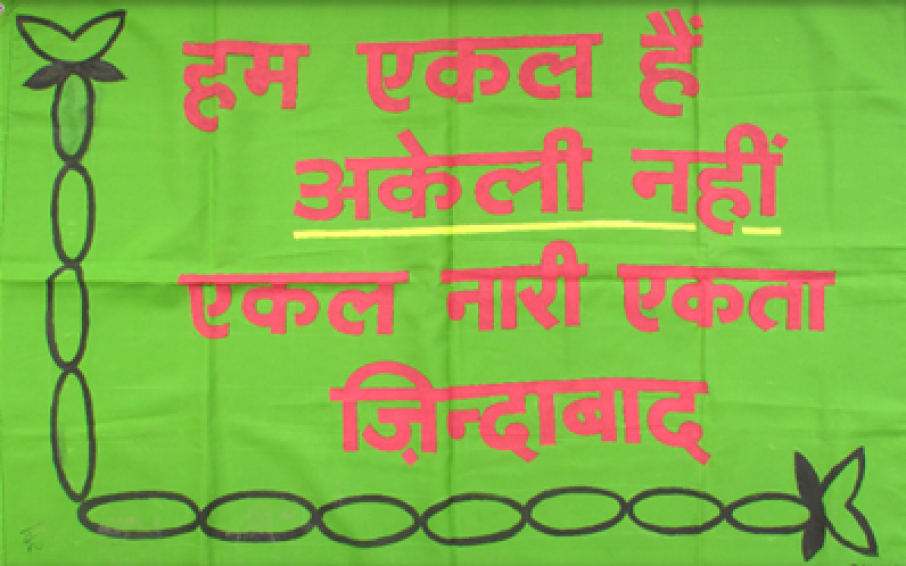
General Context
Sangat is a feminist network housed under JAGORI, New Delhi which connects feminist individuals and organizations across South Asia. Sangat was created in the year 1988 April at a workshop of gender trainers, held in Bangladesh and organized by FAO-NGO Programme. Sangat is the product of realization of the fact of steady declination of transformatory gender work. Sangat’s work is focused on bringing about a large cultural shift in large scale. They are driven by the motto to dismantle the patriarchy and building a gender just world.
They start off by working on an individual and focus on bringing women from diverse background together at one place and hold feminist capacity building courses. The major idea to do so is to make the individuals who are not able to express pliably realize that there are several others who are facing the issues and problems of patriarchal concerns. By bringing the individuals together, Sangat brings together individuals who are not vocal and intends to change their perception. The courses designed by Sangat brings the people in contact with resource person and experts who talks about gender and patriarchal construction and its impact on the people. They believe that development, democracy ad peace are possible with the development of identity and perspective. Hence, there they are surrounded by others also and then they realize that these problems problems/issues faced by women the patriarchal concerns , even though they are not able to express it , that what has been plaguing them is a larger systematic patriarchal society, they spend their life thinking something is wrong with them , which the courses designed by Sangat intends to change , by bringing together these people and bringing them in touch with resource person, experts who talks about how gender and patriarchy is constructed and its impact hoping that the networks will be able to bring a larger change.
Advocacy Agenda Setting
Agenda
Major things that Sangat have been focused on is VAW which is the issue that they have been working on, since 2013 and have really picked up campaigning. For instance in 2017 they have campaigned for property for her and in 2019 campaign against unpaid care work only for women. They are not advocating with state, they have a very cultural approach, it is about connecting people and trying to bring about a change in their thinking. Cultural advocacy, they are not seeking for any legal changes or policy level change, they believe in bringing change in the culture. Sangat holds cultural events, recently they just concluded a 4 month long film festival and which was on the issue of environmental activism. And for the entire 4 months they were engaging with the people on how to build alternatives to capitalist patriarchal paradigm. So they are a network that promotes ideas rather than other form of activism.
Participation and Representation
Sangat work has a specific pedagogy that they follow and as for their courses it has been there for 20 years which is really focused on bringing people together and immersing them in an environment that makes them comfortable and not just unidirectional flow of information from resource person to the participants but rather it is about a community being there for a month and learning from each other by sharing experience and not a monotonous classroom like setting where the resource person would share their information and it’s a very specific pedagogy. From the seating arrangement and training methods they prefer the learning to be multidirectional. With time the passage of time the agenda of the course has also changed, they have included contents that are more relevant to the current context such as on digital activism and feminism and building a feminist internet. There are 3 member secretariat and apart from the secretariat there is a core group which is essentially 24 feminist leaders across south asia in who are representation from all over south asia are engaged in the agenda setting. Burning issues and the voice of marginalized are taken into consideration during the agenda setting.
Strategies for mobilizing and collectivizing
Strategies
they mostly utilize art, art based activism, song , dance, theatre.
In terms of participants , who will come to the course We have a specific criteria: geography, ethnicity, minority groups, non-binary gender and then in a way majority population of the country , power equation shift is also taken into account balance is ensured to set a comfortable environment, Commitment to social justice is proven. The course varies according to the target group, Impromptu Session, refreshment session.
Sangats have various courses and campaign programs. They are a network of more than 800 individuals and organization and these network take initiatives to hold campaigns. They have campaigns like VAW, property for her, people join their campaigns and it is how they function.
Their work is on building an individual’s conceptual understanding. And then providing such individuals with the support systems which they might not have in their personal and professional. Some might have no idea where to go with such problems, where to even find such people who would understand them, shared common issues who would understand what they are going through. That is why Sangat first of all builds and strengthen a conceptual understanding make them understand that there is a problem and to acknowledge the existence of the problem in the society, they are the part of the society and how can they change it. That is a journey that a person has to go through, then Sangat provides women engaged with a support system which is essentially within their networks, they have a really strong groups and they are always there with each other in different capacities, every course comes with their alumni group and which has become more stronger with the time due to the advancement of the technology. When the person comes to their course they not only get connected to their peers who are working in various CSOs but also will come into contact with the feminist experts who have to the course and will come into contact with the campaigns and this link with the feminist becomes the support system.
Knowledge Categories


